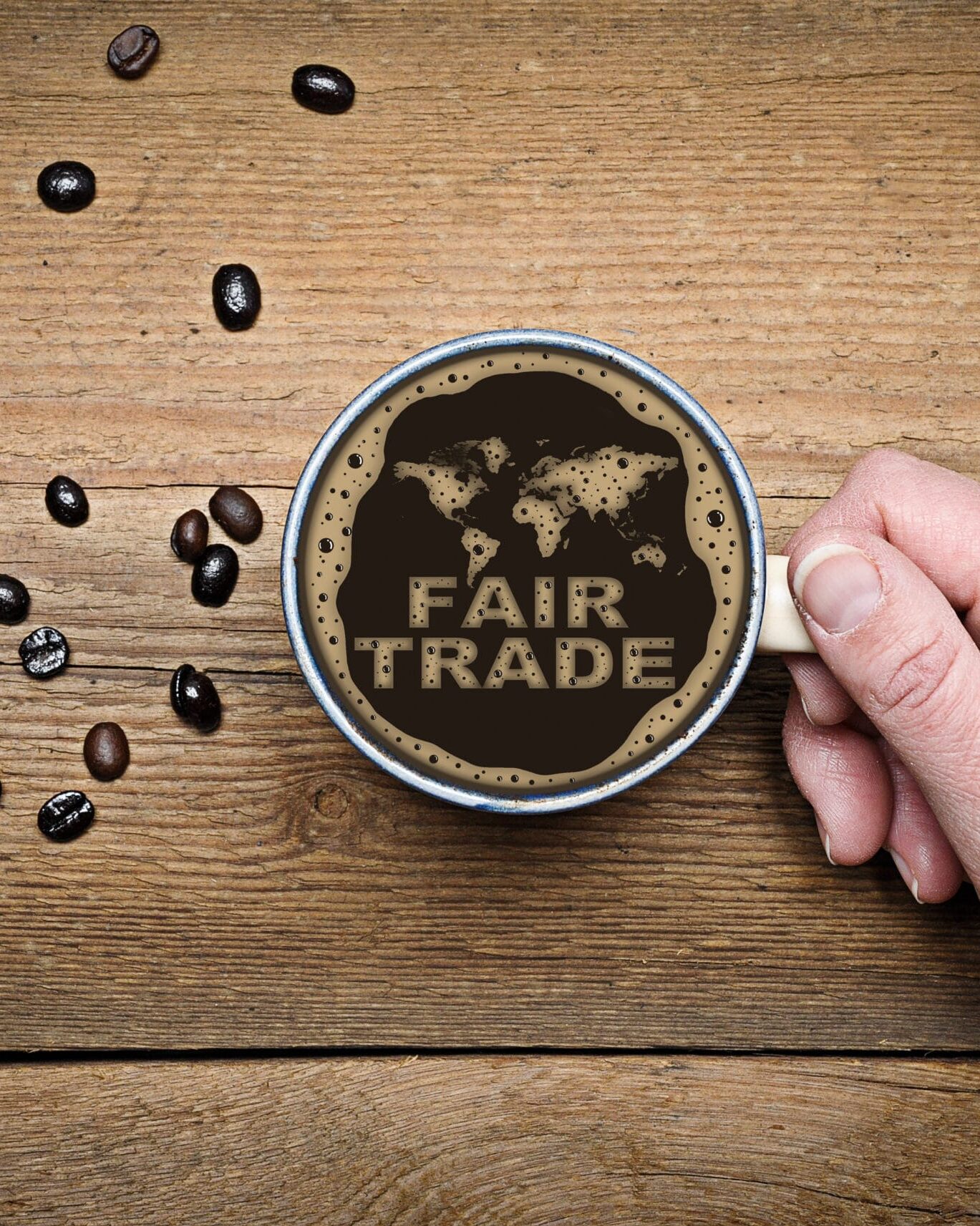FAIR TRADE, DIRECT TRADE, AND SUSTAINABILITY
If you’re a specialty coffee connoisseur, there’s a good chance you’ve probably heard the terms “Fair Trade” and “Direct Trade” thrown around when discussing the origins of your coffee. But what do each of these labels really mean, and how do they play into the sustainable future of the coffee industry? Unfortunately, there’s a lot of misinformation out there surrounding these two coffee sourcing strategies, which is why Blackwoods is here to set the records straight.
Fair Trade or Direct Trade?
One common misconception when talking about Fair Trade and Direct Trade is the idea that these two coffee sourcing strategies are rivaling forces. The reality is, we need both. Of course, neither system is without its own flaws, but when done properly, both provide ethical coffee sourcing that boasts plenty of positive global impacts. So, what’s the difference between the two? Keep reading to see how both Fair Trade and Direct Trade are working to make coffee farming better for farmers, consumers, and the environment as a whole.
Fair Trade
“Fair Trade”, or Fair Trade USA, is a non-profit organization that works to protect developing countries and their farmers from corporate forces and unethical working conditions. In order to obtain the official Fair Trade Certification label, coffee producers must first comply with a list of highly regulated rules and standards. This set of standards accounts for environmentally sustainable practices on the property, ethical business strategies, and living wages for producers and their workers, making Fair Trade great for both coffee farmers and the land utilized for cultivation.
If Fair Trade USA deems the coffee producer in question meets all the necessary requirements, they are given a Fair Trade license and introduced to a larger market. Due to the extra effort needed to adhere to ethical and eco-friendly standards, licensed coffee producers can sell their beans at higher prices with only a very small cut going to the Fair Trade USA organization. The result is a sustainable, economical coffee sourcing strategy that continues to improve the lives of millions of farmers around the globe.



Direct Trade
Contrary to Fair Trade’s standardized process, Direct Trade takes a very different approach to coffee sourcing. As the name suggests, Direct Trade refers to a direct relationship between coffee roasters and the farmers providing them with their coffee beans. This mitigates the need for a middleman, or two, and gives coffee roasters the freedom to develop new, long-standing partnerships with artisan coffee farmers. Ultimately, having this closeness in a business relationship allows for greater transparency, efficiency, and reliability, making Direct Trade arguably the greenest sourcing strategy around. On top of this, Direct Trade works to alleviate poverty and unethical labor conditions in developing countries by generously rewarding farmers who grow great coffee. Since there is no “third party” involved in the transactional process, farmers and roasters can negotiate prices without corporate interference, resulting in a more honest and sustainable sourcing strategy that helps both sides.
Better coffee? Better life for farmers? It’s a win-win strategy.
Conclusion
So, which trade method is better for the ethical and sustainable future of the coffee industry? Well, that’s a loaded question. Given the many different variables and effects that these sourcing strategies involve, the answer is not cut and dry. As of now, it’s fair to say that we need both. Although very different by nature, each approach covets the same unified vision for the future of the coffee industry. A future where talented farmers are treated ethically, compensated fairly, and given the opportunity to share their craft with the rest of the world.
One thing that’s for certain is that you decide how the world operates. So, what’s in your cup?
BEFORE YOU GO
Sign up to receive the Blackwoods Coffee Newsletter…
You will receive occasional newsletters about the best coffees, coffee shops, brewing equipment and apparel. Plus special updates and discounts from Blackwoods Coffees’ online Store…


